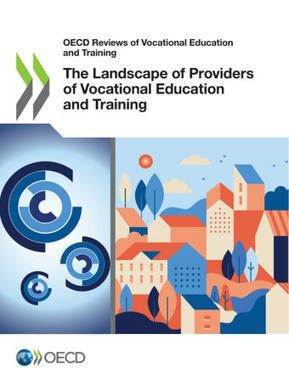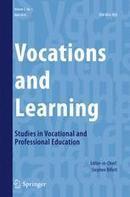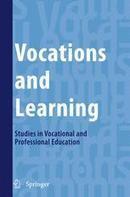Abstract About 50 percent of all Dutch students enroll in a vocational education program. All efforts of vocational institutes are aimed at guiding students towards a diploma; yet, on average, about 28 percent of the students drop out.
Research and publish the best content.
Get Started for FREE
Sign up with Facebook Sign up with X
I don't have a Facebook or a X account
Already have an account: Login
Compilation of information related to vocational training in English
 Your new post is loading... Your new post is loading...
 Your new post is loading... Your new post is loading...
No comment yet.
Sign up to comment
|
|
















